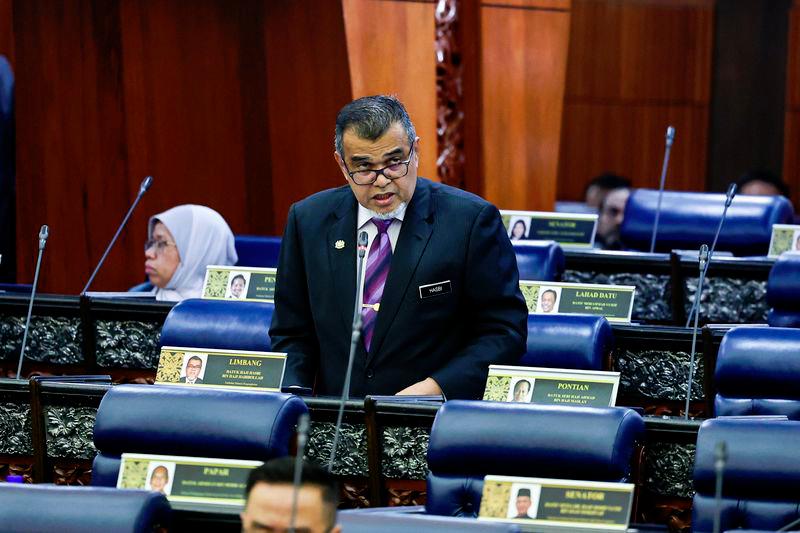KUALA LUMPUR: The Dewan Negara approved two bills related to the aviation industry, after the third reading today.
The bills are the Civil Aviation Authority of Malaysia (Amendment) Bill 2024 and the Malaysian Aviation Commission (Dissolution) Bill 2024, and they were passed by a majority vote after being presented by Deputy Transport Minister, Datuk Hasbi Habibollah.
Hasbi, when tabling the Malaysian Aviation Commission (Dissolution) Bill 2024, said that the dissolution was a commitment made by the government on Dec 11, 2019, which agreed in principle that the Malaysian aviation industry regulatory body be merged and placed under one entity.
It involves the dissolution of the Malaysian Aviation Commission (MAVCOM), and the transfer of all its functions to the Civil Aviation Authority of Malaysia (CAAM).
“The government has considered the implementation of merging the national civil aviation regulatory bodies, involving CAAM and MAVCOM, through the repeal of Act 771 (Malaysian Aviation Commission Act 2015) and the amendment of Act 788 (Civil Aviation Authority of Malaysia Act 2017).
The Malaysian Aviation Commission (Dissolution) (MAVCOM) Bill 2024 amendments include the transfer of all funds from the Aviation Commission Fund and the Public Service Fund, established under Act 771, to the Civil Aviation Authority of Malaysia Fund, established under Act 788.
Hasbi emphasised that MAVCOM’s functions will continue to be implemented and empowered, following the merger with CAAM. He said that CAAM will still maintain its technical functions and role.
“CAAM will maintain its independence and integrity in regulating technical aspects, ensuring operations are efficient and free from external influence,” he said.
“Furthermore, the merger will bring together a diverse range of expertise, experience, and professionalism in civil aviation, economics, finance, business, administration, law, and other related areas, into a single entity,” he added.
Hasbi explained that the merger aims to optimize existing human and financial resources while enhancing governance efficiency and service delivery. Additionally, it seeks to reduce bureaucracy and improve the efficiency of civil aviation services, particularly in licensing.









